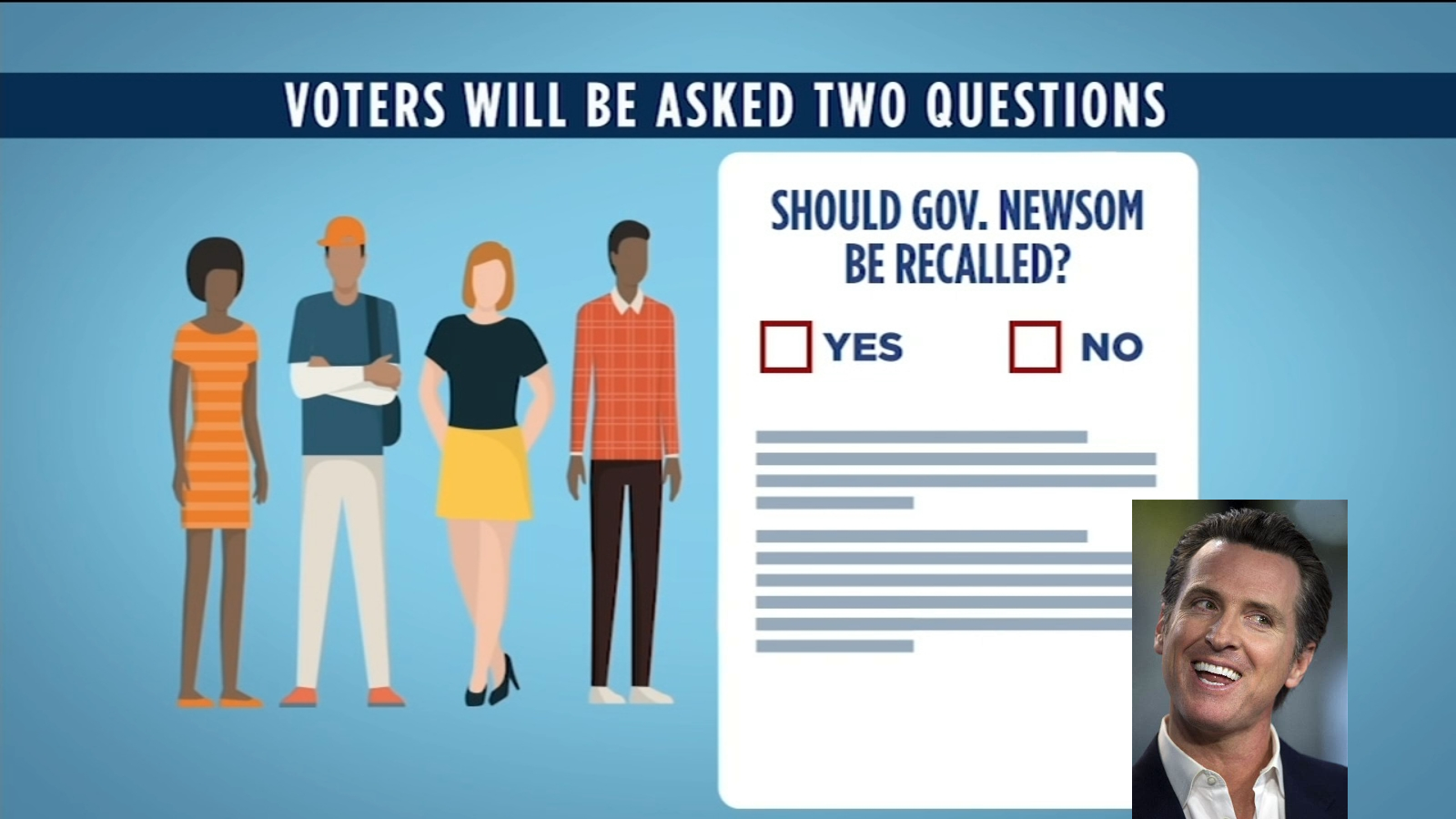I’m not going to sit here and tell you that Trump is either great or that he’s terrible. I’m here to explain how he got elected, and how the pollsters got it so… “Wrong.”
First, I’ll start with the layup: Trump offends people. His plain-spoken, unpolished, and non-politician-like manner of speaking irks people– even the oft-unoffendable. For this reason, many people were embarrassed to report their support of him to pollsters– but when the curtains close on that polling booth, people vote for whoever they want. A great article was written about this scenario in (ironically) the Huffington Post, here: http://www.huffingtonpost.com/michael-rosenblum/donald-trump-is-going-to_b_11637008.html
Second, many people hated Hillary. Many people hated Donald, too. Many people hated them both so much that the only thing they knew for sure that they wanted to do was to sit back for four years and say “well I didn’t vote for THEM!” The media gave them their answer on who “THEM” was going to be on a silver platter– for months. For months, the media unanimously proclaimed Hillary the inevitable victor. So if you only care about voting for “the other guy”, and Hillary will be the victor– who do you vote for? That’s right: The media forced people who hated both parties to vote for Donald. Oh, the irony. Thanks, Nate Silver!
Third, if you were a pollster, would you set up your random sampling to call *everyone*? No, that’s not cost-effective. You only want to call registered voters. But do you want to call *all* registered voters? No, you only want to call *probable* voters. So the pollsters limit their surveys to those who have voted three out of the last five elections. That works well for a standard election cycle, but when you elicit the kind of passion that Trump elicits, all those measurements go out the window. Love him or hate him, Trump was the most news-making presidential candidate of all time. People were passionate. People registered to vote who had never voted in their lives. People turned out to vote who hadn’t voted in 20 years. When you have this kind of support, those polls that people did with the “historically likely voters” all go out the window.
It’s not that the pollsters misread the data. It’s not that they had a fluke in their system. It’s that their measurement tools are fundamentally flawed to deal with an election which contained high amounts of passion in an election cycle. Add in the fact that people were embarrassed to report the truth to the pollsters about who they were voting for, and the kicker that the media was already proclaiming Hillary the winner for months on-end, and you’ve got yourself a recipe for a Trump victory.
But go off-track to where we are today: this contest wasn’t for the popular vote. It was for the electoral college. If the contest had been for a different objective, then the race would have been run differently. To be fair: Trump still has a LOT to prove. He’s already essentially said that Hillary isn’t going to jail, so that should calm the outraged and outrage the calmed. He’s appointed (and then un-appointed) lobbyists to key positions, so that is sure to confuse the market. He’s said that it won’t necessarily be a “wall”, but perhaps a “fence”, or perhaps a “virtual wall”– so we are assured of just one thing: His rhetoric in the campaign was to win the election, and not necessarily what is actually going to happen.
We’ve got a lot left to learn about our newly elected president, but one thing is for sure: We will all be better off if he is successful. So let’s give him the support he needs when he needs it, but let him know when he is wrong. I think everyone agrees we are in for a bumpy ride ahead. Let’s pull through it as Americans, together.
 Save Newport Real News in Newport Beach
Save Newport Real News in Newport Beach





